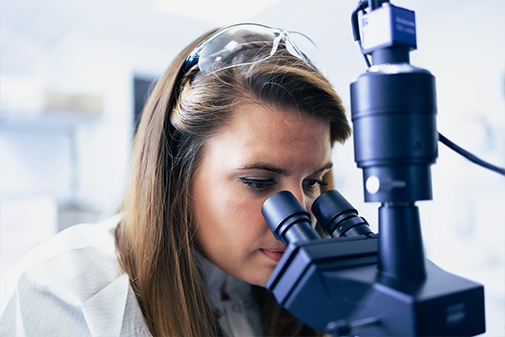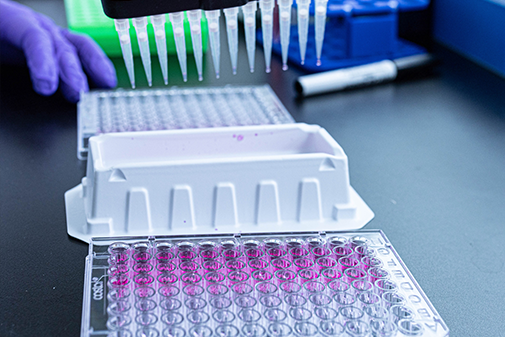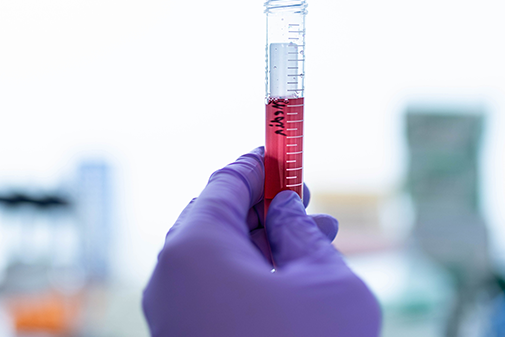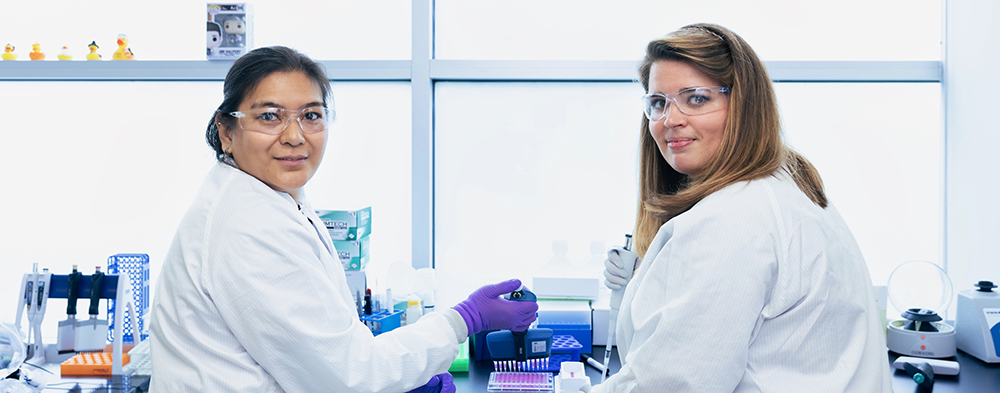
Advanced In Vitro Cytotoxicity, ADME, and Biocompatibility Testing
LifeNet Health LifeSciences now offers cell-based assay services, under the direction of industry leader James McKim, PhD, DABT, following the acquisition of IONTOX. We are dedicated to improving alternative methods for predicting adverse effects from drug or chemical exposure. We deliver high-quality results, fast — bringing simplicity to your biggest data challenges.
For greater human relevance and reliability, our team of expert scientists can use TruVivo™, a pioneering hepatic system, in cytotoxicity studies, ADME/DMPK assays, or to represent the liver in our multi-organ platform screening service.
Connect with an expert
Biocompatibility Assays
Evaluate medical device safety through our in vitro assay offerings, which meet ISO 10993 and OECD guidelines. We offer expert regulatory guidance. Learn more.
Cytotoxicity Assays
Our carefully designed in vitro cytotoxicity tests and screening models help determine drug or chemical cell toxicity – greatly improving the success of New Chemical Entities. Learn more.
ADME/DMPK
In vitro ADME assays profile the pharmacokinetic properties of a drug candidate, including compound absorption, metabolic stability, protein binding, distribution, and drug-drug interactions. Learn more.
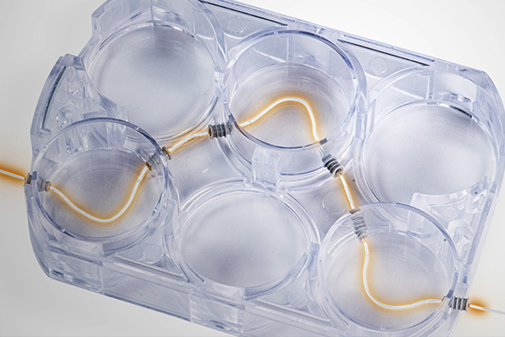
Microphysiological System
Get superior, human-relevant data about the systemic impacts of a compound – without in vivo testing – through our novel multiple organ culture system. Learn more.
What Sets Us Apart
- High scientific quality
- Timely turnaround
- Custom research and development
- Adaptable options, in partnership with customers, based on early results
- Expert regulatory guidance
- 60-plus years of combined in vitro testing experience
- Good Laboratory Practice-compliant
Our Testing Process
Consultation
We take a partnership approach, which begins by working closely with you to identify your unique testing needs. Our team of experts then design a customized study plan to achieve your desired outcomes – with a focus on regulatory requirements.
Assay Development
We develop and validate your customized assay using many different cell models, with an emphasis on all-human primary cells and biospecimens to simulate in vivo conditions, which provides more relevant, reliable results than traditional testing methods.
Data Analysis
Our team of skilled scientists carefully analyze the data to determine a toxicity or safety profile. Our partnership continues through this stage, with the possibility of providing adaptable options as needed based on early results.
Results Review
We provide clear, concise reports that outline methods used, results and their significance – bringing simplicity to your biggest data challenges.

